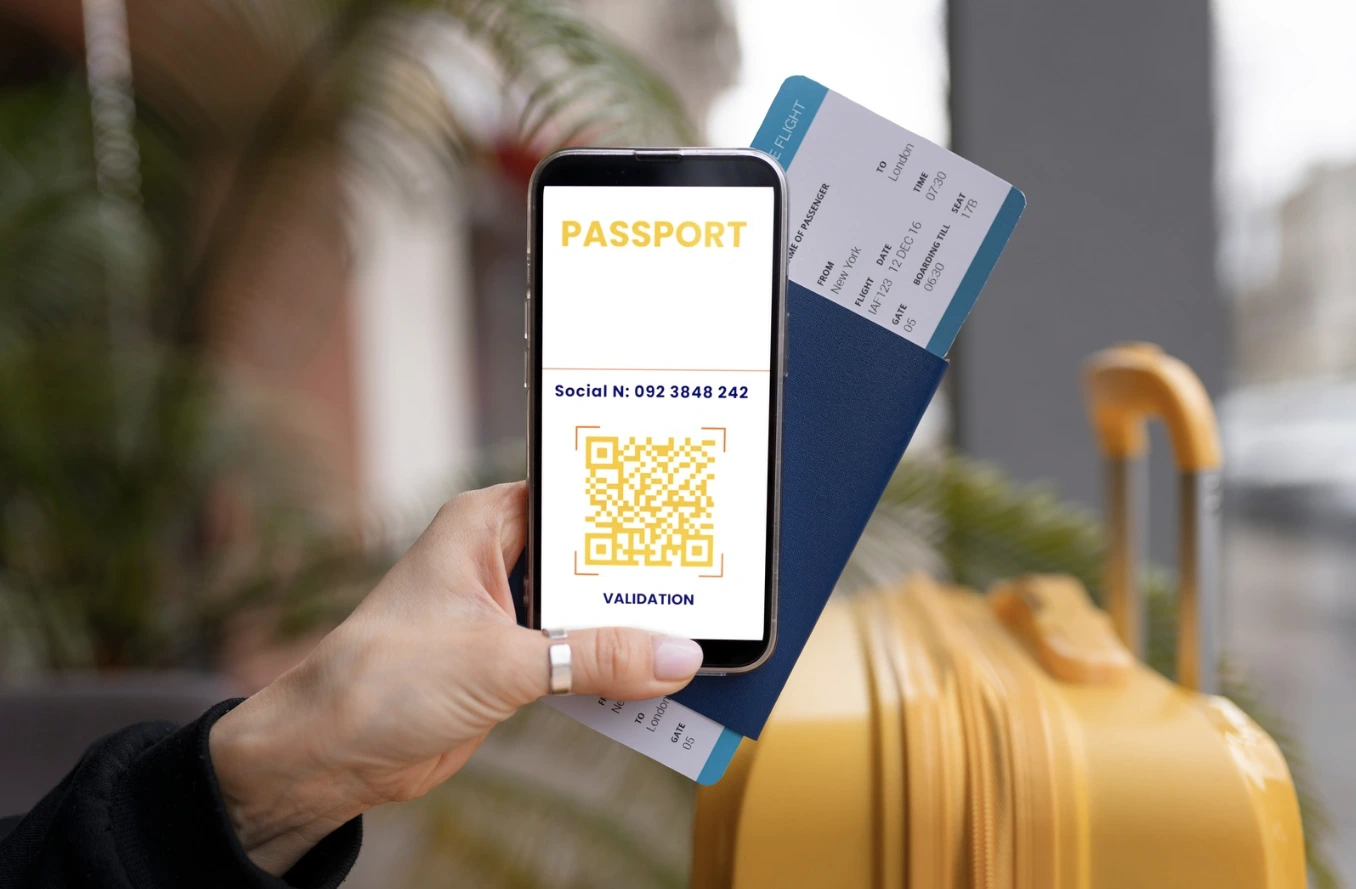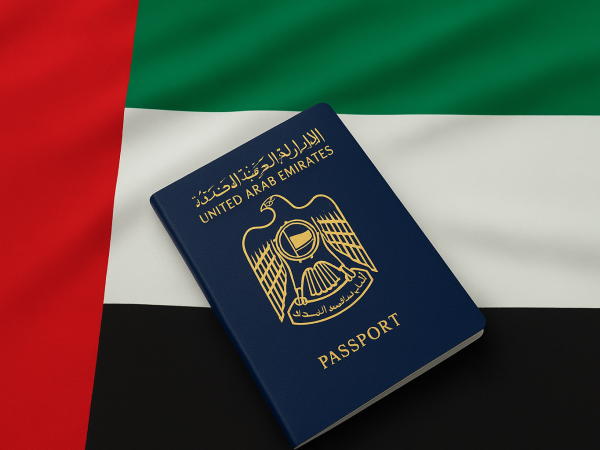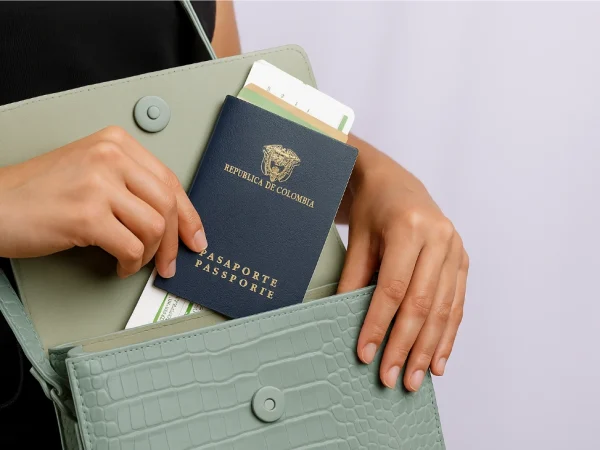Thailand has long been a favorite destination for travelers around the world. Whether you’re drawn by its tropical beaches, vibrant cities, or rich culture, planning your entry is now more seamless than ever with the Thailand Digital Arrival Card (TDAC). In 2025, Thailand officially moved from a traditional paper system to this fully digital version, aiming to simplify entry procedures and embrace modern, tech-driven travel standards.
1. What Is the Thailand Digital Arrival Card?
The Thailand Digital Arrival Card (TDAC) is the modern replacement for the previous TM6 form, which required visitors to fill out paper arrival and departure cards upon entering or leaving the country. Now entirely digitized, this card is a mandatory online registration form for most non-Thai travelers entering Thailand. It collects essential travel and personal information before you arrive.
Unlike the TM6, the TDAC doesn’t need to be filled in by hand during your flight or at the airport, eliminating a major source of confusion and delays. The shift to digital not only reduces paperwork but also supports Thailand’s goal of providing a faster, more secure, and environmentally friendly travel process for all visitors.
The initiative is part of a broader strategy by the Thai Immigration Bureau to modernize border control procedures and enhance the efficiency of immigration processing.
The TDAC is a digital formality in addition to the visa. For more information, check out this guide about visas for Thailand.

2. Who Needs to Complete the TDAC?
The Thailand Digital Arrival Card must be completed by all foreign nationals entering Thailand, whether you’re coming for tourism, business, study, or long-term residency. This includes digital nomads, retirees, students and even travelers on visa exemptions.
Currently, Thai nationals and permanent residents are exempt from completing the TDAC. However, foreigners with a re-entry permit, expats returning on valid visas, and business travelers must still complete the process.
While the system applies broadly, some nationalities may be excluded during testing phases or enjoy exceptions based on diplomatic agreements.
3. How to Apply for the Digital Arrival Card
Filling out the Thailand Digital Arrival Card is straightforward and can be completed in minutes if you have the correct information ready. Here’s how:
- Access the official portal through TDAC’s online system or via authorized travel apps and websites (check embassy or airline recommendations).
- Create an account if necessary, or fill out the TDAC form directly.
- Enter all required information: personal identification, flight details, accommodation, purpose of visit, and more.
- Upload any necessary documents such as a passport copy or e-visa confirmation.
- Submit the form and receive a confirmation QR code.
Travel authorities strongly recommend that you complete the TDAC before your departure, ideally 24–72 hours before your flight. This helps airport staff process your arrival more smoothly and reduces your chances of facing delays at immigration.
Immigration officers may ask you to present the QR code either digitally (on your phone or tablet) or in printed form upon arrival in Thailand.

4. What Information Is Collected?
When completing the Thailand Digital Arrival Card, you’ll need to provide the following:
- Personal details: full name, nationality, gender, passport number, and date of birth.
- Travel information: airline name, flight number, port of departure, destination in Thailand, and length of stay.
- Accommodation details: address of your hotel, Airbnb, or private residence.
- Purpose of visit: tourism, business, education, work, retirement, etc.
- In some cases, especially during public health monitoring periods, information related to vaccination status or recent medical history may also be requested.
This data is securely stored and used by the Thai Immigration Bureau to streamline entry and ensure public safety, especially during times of heightened border control.
5. Cost and Validity of the TDAC
One of the biggest advantages of the Thailand Digital Arrival Card is that it is completely free of charge when submitted through the official platform.
However, be cautious. Some third-party websites or travel agents may charge a processing or convenience fee for submitting the card on your behalf. These fees can range from ฿150 to ฿500 (approximately $4 to $14), but they are not mandatory if you use the official government site.
Once submitted, the card is valid for a single entry into Thailand and must be re-submitted for every subsequent arrival. Even if you are a frequent traveler or have a multiple-entry visa, you must fill out a new TDAC for each new entry.
6. Benefits of the Thailand Digital Arrival Card
There are several strong reasons why the Thailand Digital Arrival Card is a major step forward in international travel:
Faster Immigration Processing
By pre-filling information and submitting it before arrival, travelers enjoy reduced wait times at immigration counters. Officers already have your data, allowing for a quicker ID check and passport scan.
Environmentally Friendly
The digital system helps Thailand eliminate millions of paper forms annually. This paperless approach reduces environmental waste, aligning with global sustainability goals.
Secure and Efficient Data Handling
The data entered into the TDAC system is encrypted and managed by the Immigration Bureau of Thailand, ensuring data protection and transparency. It also minimizes the chance of manual errors during immigration checks.
Integration with Other Travel Systems
Thailand is gradually integrating the Digital Arrival Card with its e-visa systems and airline APIs, meaning that in the near future, travelers may not need to present physical documents at all. The authorities will cross-verify everything electronically.
This modernization also opens the door to potential smart gates and automated immigration lanes, especially at major airports like Bangkok Suvarnabhumi or Phuket International.

To Finish
In 2025, the Thailand Digital Arrival Card is a must for all foreign visitors. Specifically, it replaces the old paper TM6, offering a faster, eco-friendly, and more secure entry process. Therefore, make sure to complete it online 1–3 days before your flight, using the official platform to avoid fees or errors. As a result, with your card ready, you’ll enjoy a smoother arrival and start your Thai adventure stress-free.
If you plan to go to Thailand as an expat or traveler, check out this guide on the top 13 places to visit.
FAQs
1. Do I still need to fill out the TDAC if I have a visa or visa exemption?
Yes. Regardless of your visa type, whether it’s a tourist visa, business visa, or visa exemption—you still need to complete the TDAC before entering the country. It is a separate requirement from your visa.
2. Can I edit my TDAC if I made a mistake?
No, once submitted, the form cannot be edited. If you notice an error, you should submit a new TDAC with the correct information before your departure. Always double-check your details before confirming.
3. What happens if I forget to complete the TDAC before my flight?
If you haven’t completed the card in advance, you may be asked to fill it out upon arrival. However, this can cause delays at immigration. Additionally, some airlines may also check for the digital confirmation before boarding, so it’s safer to do it early online.





